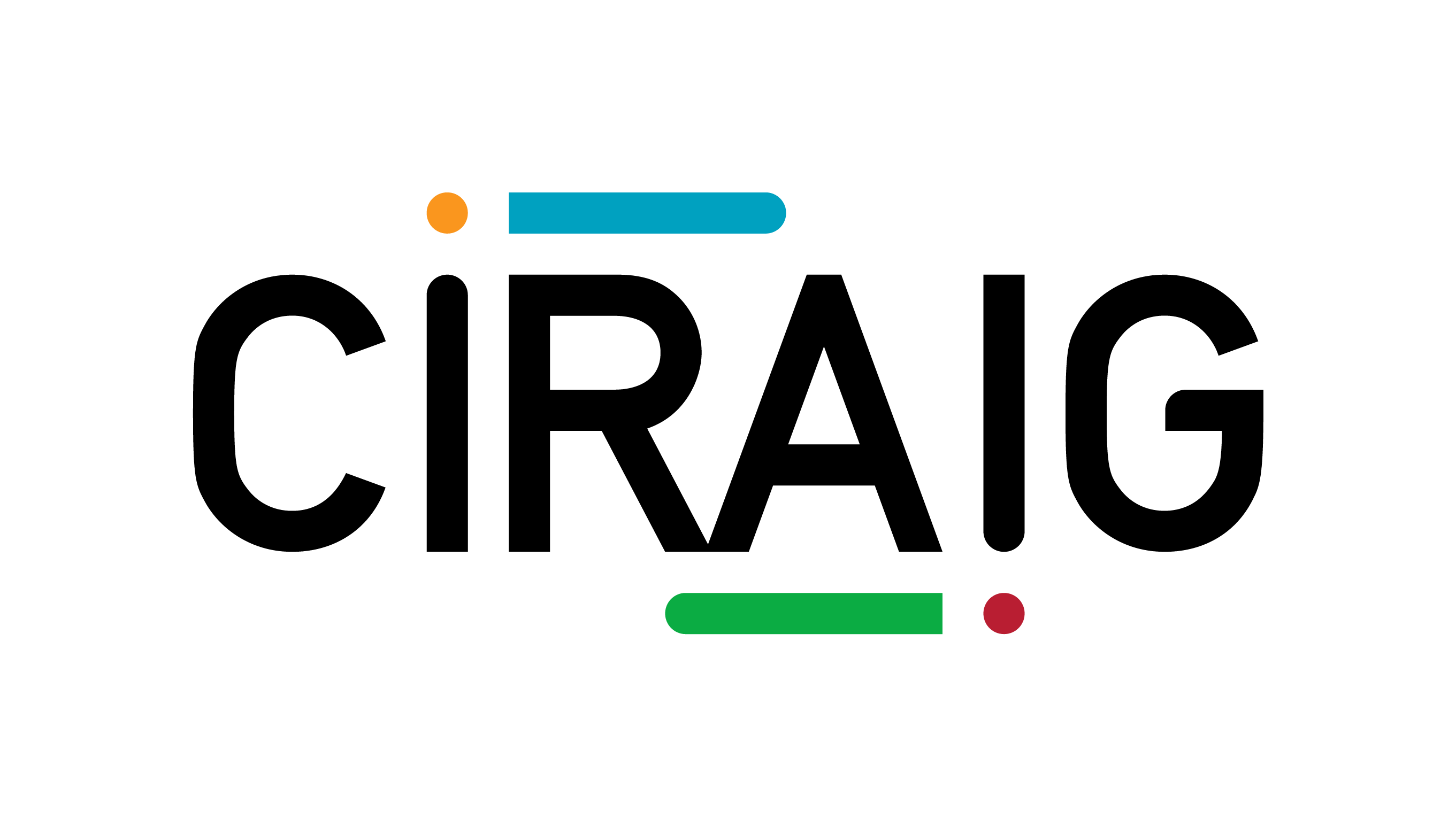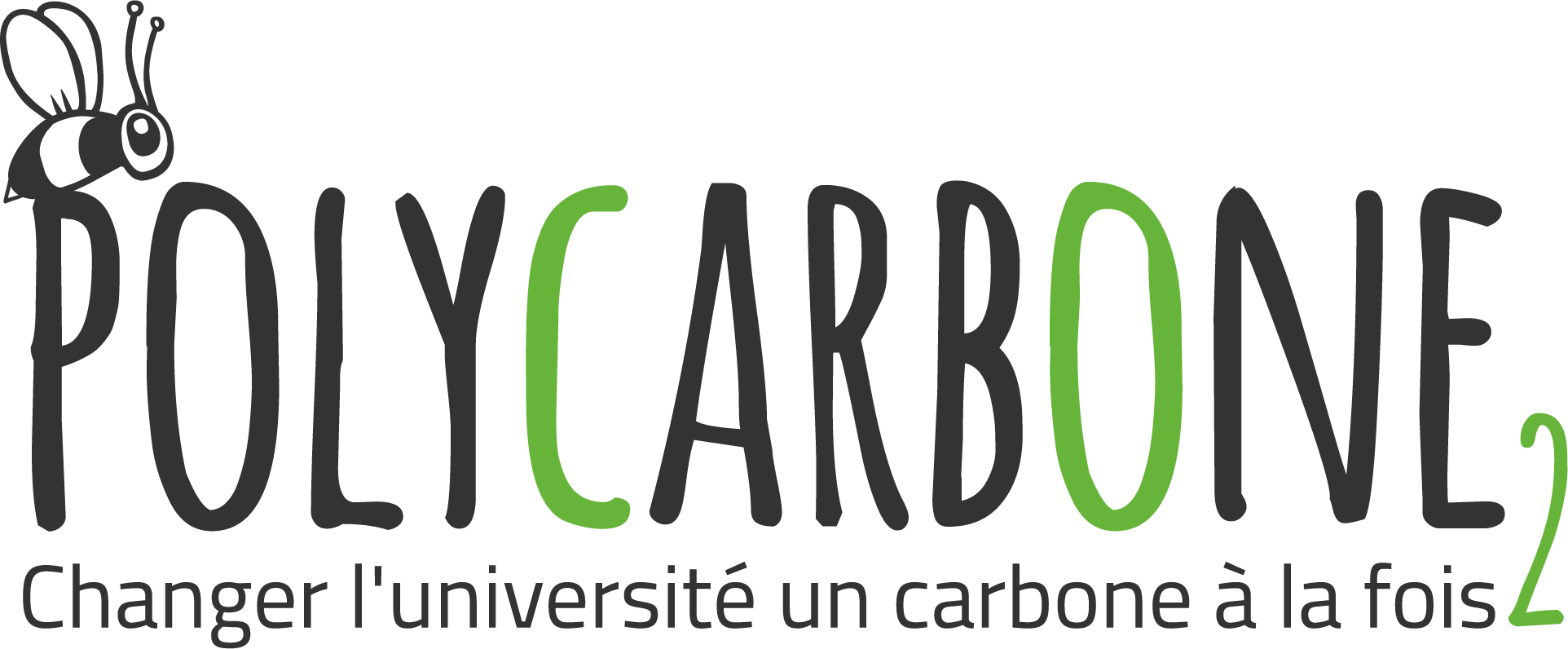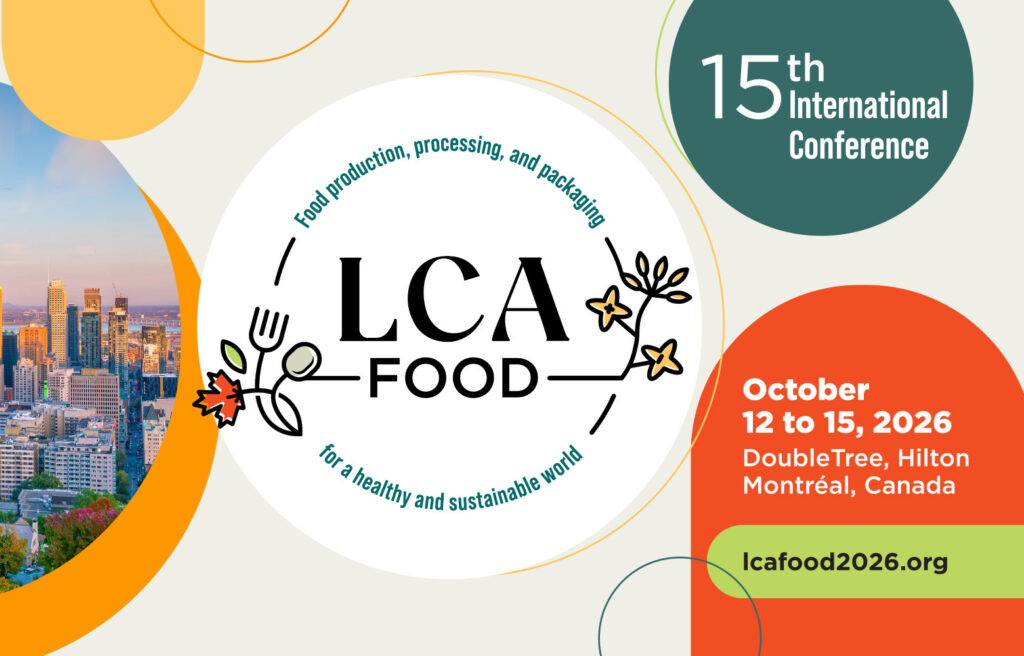Life cycle inventory database for Consumption in Quebec
These inventory datasets are essential for calculating the carbon footprint of an individual’s consumption in Quebec.

Led by the CIRAIG, this project aims to develop an inventory database of the life cycle of consumption in Quebec. These inventory datasets are essential for calculating the carbon footprint of an individual’s consumption in Quebec.
The inventory is developed with a life cycle approach. Ultimately, it allows for evaluating carbon footprints at every step of the consumption life cycle (extraction of primary sources, transformation, transport, use of goods and services, end of life).
The inventory is developed in a modular fashion for the different areas of individual consumption: Food; Commuting; Housing; Clothing; Travel; Information and Communications Technologies; Entertainment and Leisure; Financial and Administrative Management; Health, Hygiene, and Beauty. These areas are developed and detailed as a priority, as they contribute most to an individual’s carbon footprint in Quebec. Other non-priority areas are roughly modelled in order to provide a complete (but more uncertain) portrait of individual consumption.
The project is underway and the deliverables will be made available online as things progress.
It is not, however, an objective of the project to create a carbon footprint calculation tool for the moment.
In collaboration with
We use cookies on our website to give you the most relevant experience by remembering your preferences and repeat visits. By clicking “Accept”, you consent to the use of ALL the cookies.
Manage consent
Privacy Overview
This website uses cookies to improve your experience while you navigate through the website. Out of these, the cookies that are categorized as necessary are stored on your browser as they are essential for the working of basic functionalities of the website. We also use third-party cookies that help us analyze and understand how you use this website. These cookies will be stored in your browser only with your consent. You also have the option to opt-out of these cookies. But opting out of some of these cookies may affect your browsing experience.
Necessary cookies are absolutely essential for the website to function properly. This category only includes cookies that ensures basic functionalities and security features of the website. These cookies do not store any personal information.
Any cookies that may not be particularly necessary for the website to function and is used specifically to collect user personal data via analytics, ads, other embedded contents are termed as non-necessary cookies. It is mandatory to procure user consent prior to running these cookies on your website.
Your subscription could not be saved. Please try again.
Your subscription has been successful.





